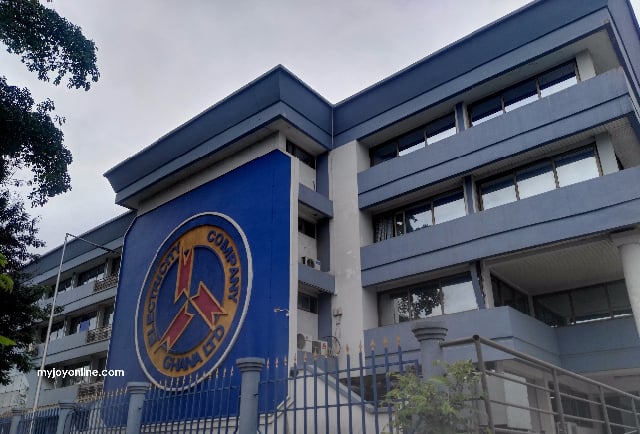The Public Utility Workers Union (PUWU) of the Trades Union Congress (TUC) has vehemently opposed the Ghanaian government’s proposal to introduce private sector participation in the management of the Electricity Company of Ghana (ECG). PUWU’s resistance stems from a deep-seated concern for the potential negative repercussions of privatization on workers’ rights, job security, and the affordability and accessibility of electricity for the Ghanaian populace. The union’s position underscores a broader apprehension regarding the government’s perceived disregard for stakeholder engagement and the potential erosion of public utilities in favor of private interests. PUWU has vowed to actively resist any attempts to privatize ECG, emphasizing the importance of maintaining state ownership to ensure national development and protect the interests of both workers and the public.
At the heart of PUWU’s opposition is the perceived lack of transparency and consultation in the decision-making process. The union expressed profound disappointment that the government had failed to engage with them despite their crucial role as a key stakeholder in ECG matters. This perceived sidelining of workers has fueled PUWU’s determination to safeguard their members’ interests and advocate for a more inclusive and transparent approach to any proposed changes in ECG’s management structure. PUWU maintains that decisions concerning the future of ECG must prioritize fairness and consider the potential impact on all stakeholders, including the public, who rely on ECG for essential electricity services.
PUWU’s concerns extend beyond the immediate impact on its members. The union argues that privatizing ECG carries significant risks for the affordability and accessibility of electricity services in Ghana. They fear that private sector involvement could lead to profit-driven decisions that prioritize shareholder returns over the needs of the Ghanaian public. This could manifest in higher tariffs, reduced access to electricity in underserved areas, and a decline in the quality of service. PUWU maintains that state ownership of ECG is crucial for ensuring equitable access to affordable electricity, which is essential for both household needs and national development.
The union’s commitment to resisting privatization highlights a fundamental disagreement with the government’s approach to managing public utilities. PUWU believes that essential services like electricity should remain under state control to safeguard the public interest and prevent exploitation by private entities. They argue that private sector involvement may lead to a focus on profit maximization, potentially compromising the quality, affordability, and accessibility of electricity for Ghanaians. This stance reflects a broader concern about the potential erosion of public utilities and the implications for national development.
PUWU has called on its members to remain united and prepared for further directives, emphasizing the importance of solidarity in their fight against privatization. The union’s leadership has assured its members of their resolve to oppose any government attempts to cede control of ECG to private entities. This call to action underscores the union’s commitment to actively defend the interests of its members and protect what they see as a vital national asset. PUWU’s leadership believes that a unified front is essential to effectively resist privatization and ensure that the voices of workers are heard.
In conclusion, PUWU’s opposition to the privatization of ECG reflects a broader concern about the potential negative impacts of such a move on workers, the affordability and accessibility of electricity, and the future of public utilities in Ghana. The union’s insistence on transparency, fairness, and stakeholder engagement highlights the importance of considering the interests of all parties involved when making decisions about essential public services. PUWU’s unwavering commitment to resisting privatization underscores the critical role of unions in advocating for worker rights and protecting the public interest. The union’s call for unity and solidarity among its members signifies their determination to fight for what they believe is a just cause – the preservation of ECG as a state-owned entity dedicated to serving the needs of the Ghanaian people.


